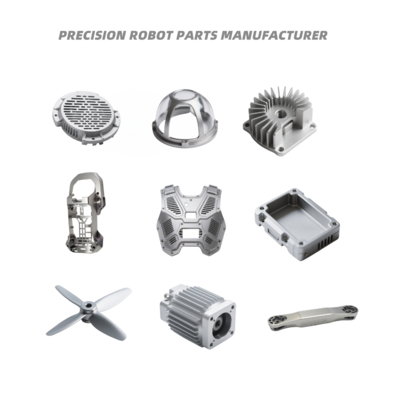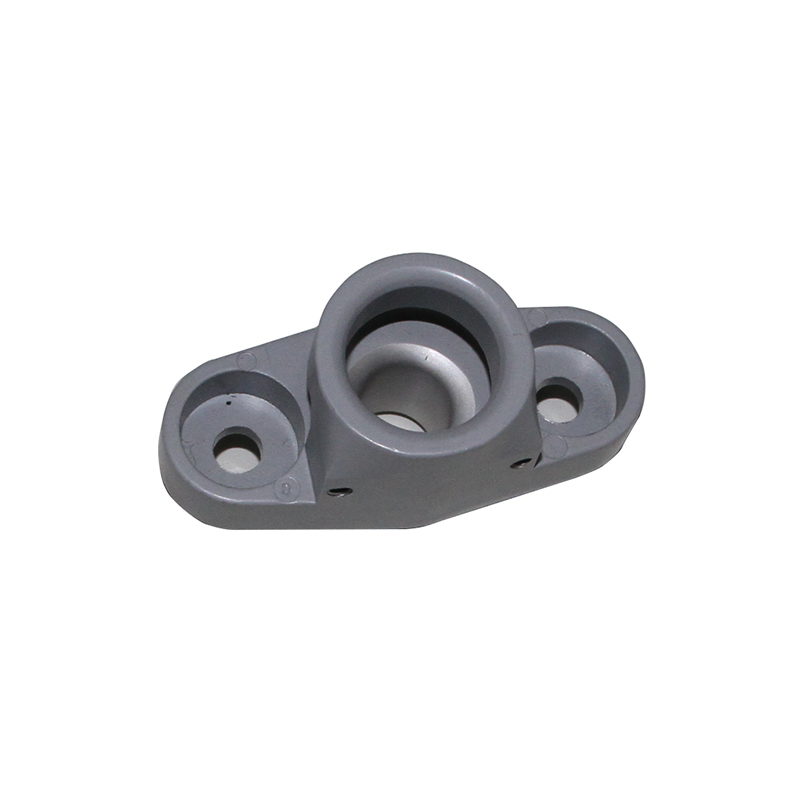How Aluminum Foundries Contribute to Different Industries: A Comprehensive Review
Light weight aluminum shops function as vital vendors throughout several industries, consisting of vehicle, aerospace, building, and electronics. They create elements that are not just lightweight but additionally durable, enhancing the performance of various products. With advanced casting methods and a dedication to sustainability, these foundries are adapting to fulfill developing industry demands. As they innovate, the effect of light weight aluminum castings on various applications raises vital concerns concerning the future of manufacturing. What lies in advance for this crucial market?
The Function of Aluminum Foundries in the Automotive Market
As the automotive industry progressively welcomes light-weight materials to improve gas efficiency and performance, aluminum shops play an essential duty in this advancement. These centers concentrate on the manufacturing of light weight aluminum spreadings, which are crucial components in contemporary cars. By offering high-strength, lightweight parts, aluminum foundries make it possible for producers to lower the total weight of cars, inevitably resulting in enhanced fuel economic situation and decreased discharges.
Aluminum's resistance to corrosion even more enhances lorry long life, making it an appealing option for automakers. Foundries make use of sophisticated techniques such as die casting and sand spreading to produce exact and elaborate components, ensuring that they meet stringent market standards. In addition, the capacity to recycle aluminum efficiently adds to a more lasting manufacturing process. As the automobile market remains to introduce, aluminum factories will certainly stay pivotal in providing the materials needed for the next generation of cars, sustaining both performance and ecological objectives.

Aerospace Applications of Light Weight Aluminum Castings
Light weight aluminum spreadings are indispensable to the aerospace industry, using a mix of light-weight toughness and toughness that is essential for aircraft performance. These spreadings are made use of in different components, such as engine components, architectural frames, and landing gear, where weight decrease is important for fuel performance and overall security. The flexibility of aluminum permits intricate geometries that improve wind resistant performance while keeping architectural integrity.
Moreover, advancements in casting innovations have actually enhanced the precision and surface coating of light weight aluminum parts, lowering the need for substantial post-processing. This effectiveness not only increases manufacturing timelines yet also decreases costs, making aluminum an appealing choice for manufacturers. The rust resistance of aluminum assurances long life and reliability in severe operating environments, even more establishing its duty in aerospace applications. As the sector develops, light weight aluminum spreadings remain to be an important material, driving technology and sustaining the advancement of next-generation aircraft.
Building And Construction Market Technologies With Light Weight Aluminum
The building sector has increasingly adopted light weight aluminum because of its light-weight buildings and adaptability, paralleling its effective applications in aerospace. Technologies in light weight aluminum design have actually resulted in more powerful, extra effective structures, enabling architects and home builders to explore brand-new opportunities. The product's resistance to deterioration and low upkeep needs make it specifically appealing for both property and industrial jobs.
Aluminum's adaptability promotes the production of intricate layouts, permitting visual enhancements that were formerly difficult with typical materials. Prefabrication methods have actually also advanced, using light weight aluminum to reduce building time and costs considerably. In addition, the energy effectiveness of light weight aluminum systems-- such as home window structures and roof covering-- adds to lasting building methods, lining up with modern-day environmental requirements. As the construction market proceeds to embrace these developments, aluminum's duty is anticipated to expand, driving further innovation and adding to the growth of resilient facilities.
Electronic devices and the Demand for Lightweight Light Weight Aluminum Components
With the quick advancement of technology, the demand for lightweight aluminum components in the electronics sector has actually surged. As tools become more mobile and small, manufacturers seek materials that offer both sturdiness and weight reduction. Light weight aluminum, with its excellent strength-to-weight proportion, has actually become a preferred selection for elements such as casings, warmth sinks, and architectural assistances.
Using aluminum not only boosts product performance however likewise contributes to energy efficiency, as lighter tools require less power during operation. Furthermore, aluminum's exceptional conductivity makes it suitable for electronic applications, ensuring reliable warmth dissipation and lessening the risk of getting too hot.
As consumer choices shift in the direction of smooth and lightweight devices, aluminum shops play a necessary role in meeting the advancing demands of the electronics market (Aluminum Casting Company). Their capacity to produce precise and premium aluminum parts sustains technology, enabling manufacturers to press the borders of design and capability
Lasting Practices in Aluminum Foundries
As the electronics market increasingly focuses on sustainability, aluminum shops are adapting their practices to line up with these environmental goals. Several shops are applying recycling programs that recover light weight aluminum scrap, substantially reducing the need for resources and minimizing waste. By using energy-efficient innovations, these centers are decreasing their carbon impact; for circumstances, using electrical heating systems as opposed to conventional gas-fired ones can result in substantial power cost savings.
In addition, light weight aluminum factories are buying water preservation procedures, such as closed-loop systems that recycle water made use of in cooling processes. These techniques not only reduced water get more intake however also reduce the ecological influence related to wastewater discharge. Furthermore, lots of shops are discovering renewable energy sources, such as solar and wind power, to satisfy their energy needs sustainably. Via these campaigns, light weight aluminum shops exhibit a dedication to environmental stewardship while remaining to meet the demands of the electronic devices industry.
Future Trends in Light Weight Aluminum Shop Technologies
Emerging modern technologies are positioned to change aluminum foundries, enhancing efficiency and item quality while progressing sustainability initiatives. Technologies such as synthetic intelligence and maker learning are anticipated to enhance production processes by predicting devices failures and enhancing source allocation. The integration of innovative robotics will enhance procedures, decreasing labor expenses and decreasing human error.
Additive production, or 3D printing, is additionally getting traction, allowing the manufacturing of intricate geometries that were previously unattainable with conventional methods. This change can result in significant product cost savings and reduced waste. Additionally, wise factories utilizing IoT (Web of Things) modern technologies will enable real-time monitoring and data evaluation, fostering proactive decision-making.
The fostering of cleaner melting innovations and reusing techniques will additionally lower the environmental impact of aluminum factories, making them much more sustainable. Jointly, these patterns signal a future where aluminum foundries can run with better efficiency and duty.
Often Asked Inquiries
What Are the Ecological Impacts of Aluminum Foundries?

How Do Foundries Ensure Top Quality Control in Aluminum Casting?
Factories guarantee top quality control in light weight aluminum casting by implementing strenuous assessment processes, utilizing advanced Read Full Article modern technology, carrying out regular product screening, and adhering to sector standards, consequently maintaining consistency and reliability in their ended up items. Precision aluminum casting.
What Is the Ordinary Lifespan of Aluminum Cast Components?
The typical life expectancy of light weight aluminum actors parts commonly varies from 10 to 50 years, depending on variables such as environmental problems, use, and upkeep. Appropriate treatment can considerably improve their toughness and efficiency in time.
Exactly How Are Aluminum Alloys Selected for Certain Applications?
Aluminum alloys are chosen based upon factors such as strength, rust resistance, weight, and thermal conductivity. Designers assess the details demands of applications to figure out the most appropriate alloy for finest efficiency and longevity.
What Are the Security Laws for Light Weight Aluminum Factory Employees?
Safety laws for light weight aluminum foundry workers include personal protective equipment mandates, air flow requirements, direct exposure restrictions to dangerous products, and methods for why not find out more dealing with molten metal. Conformity guarantees worker safety and decreases health and wellness risks associated with shop procedures.
As the automobile industry significantly accepts lightweight materials to improve fuel efficiency and efficiency, aluminum foundries play an important function in this development. As customer preferences change towards sleek and light-weight gizmos, aluminum shops play a vital role in satisfying the developing demands of the electronics sector. As the electronics sector significantly focuses on sustainability, aluminum foundries are adapting their techniques to line up with these ecological goals. Numerous factories are carrying out recycling programs that redeem aluminum scrap, substantially reducing the demand for raw products and reducing waste. Safety and security laws for aluminum foundry employees include individual safety devices mandates, ventilation requirements, direct exposure restrictions to unsafe materials, and procedures for taking care of liquified metal.